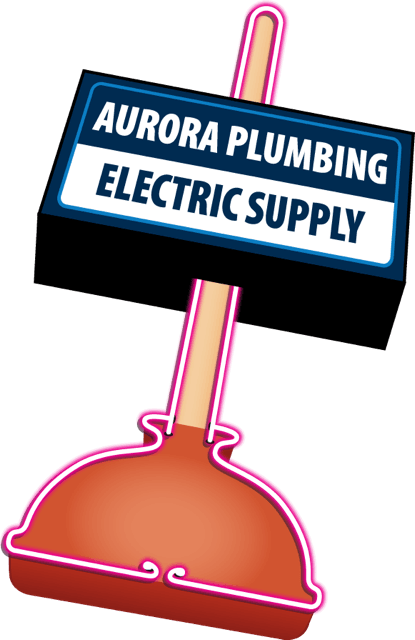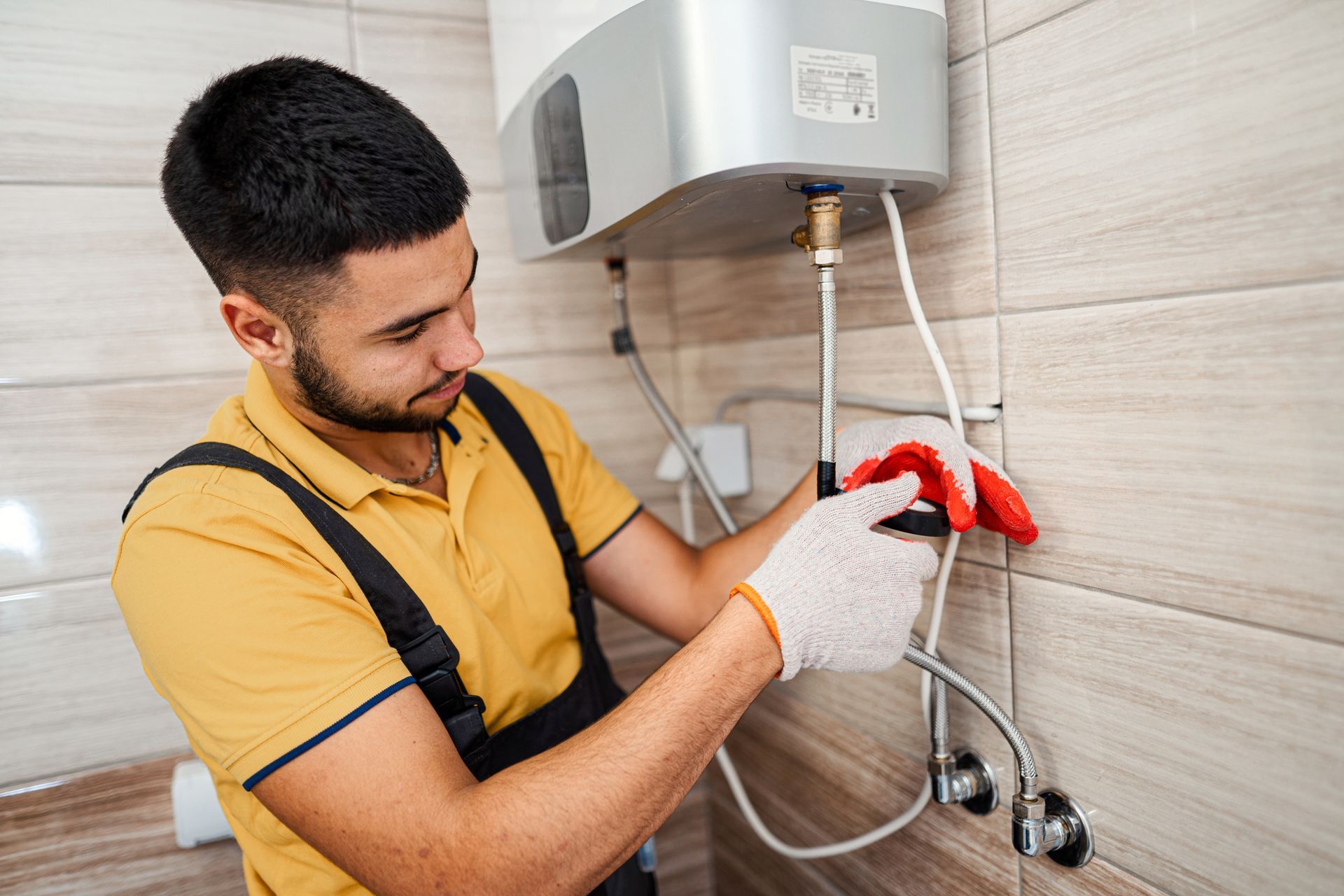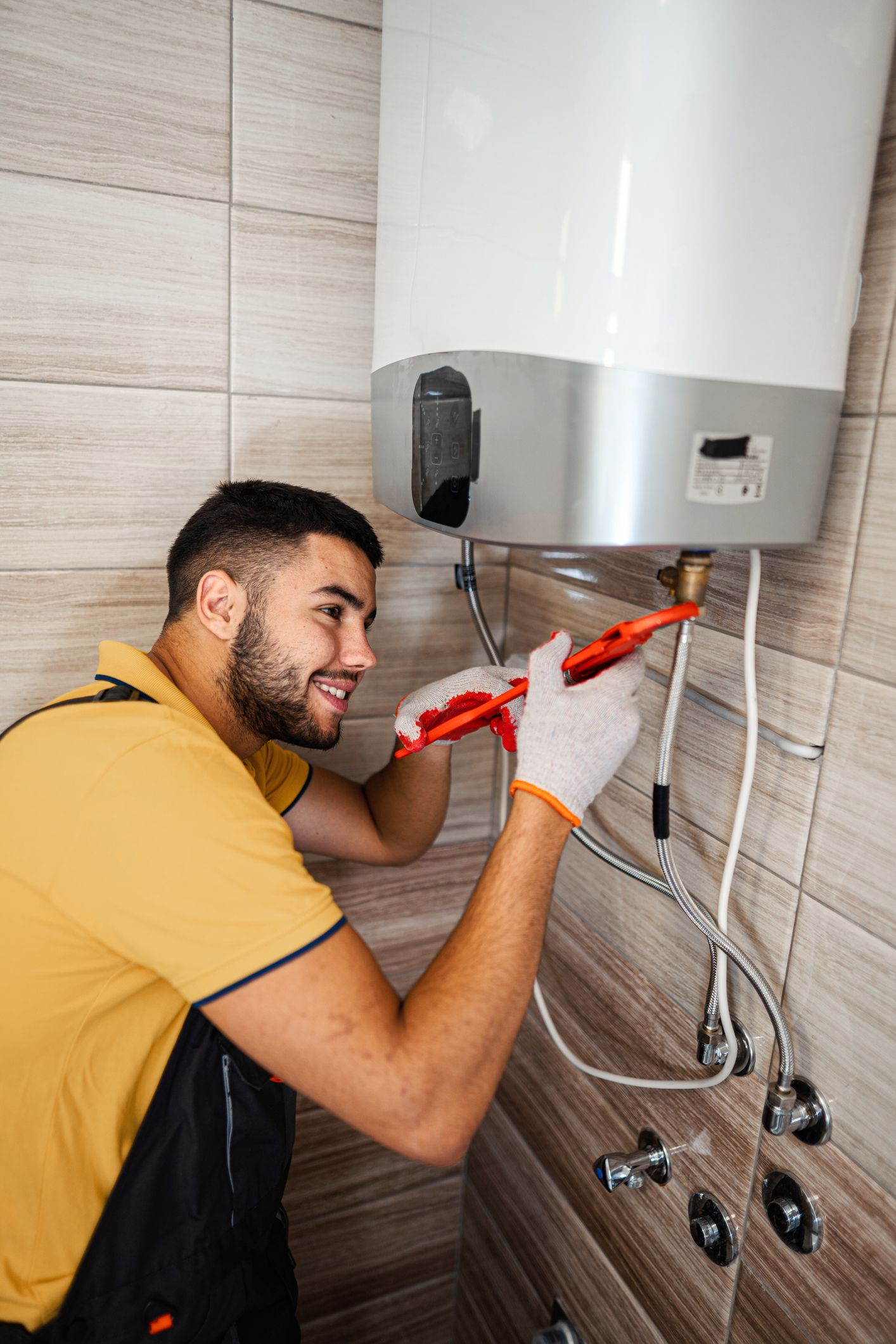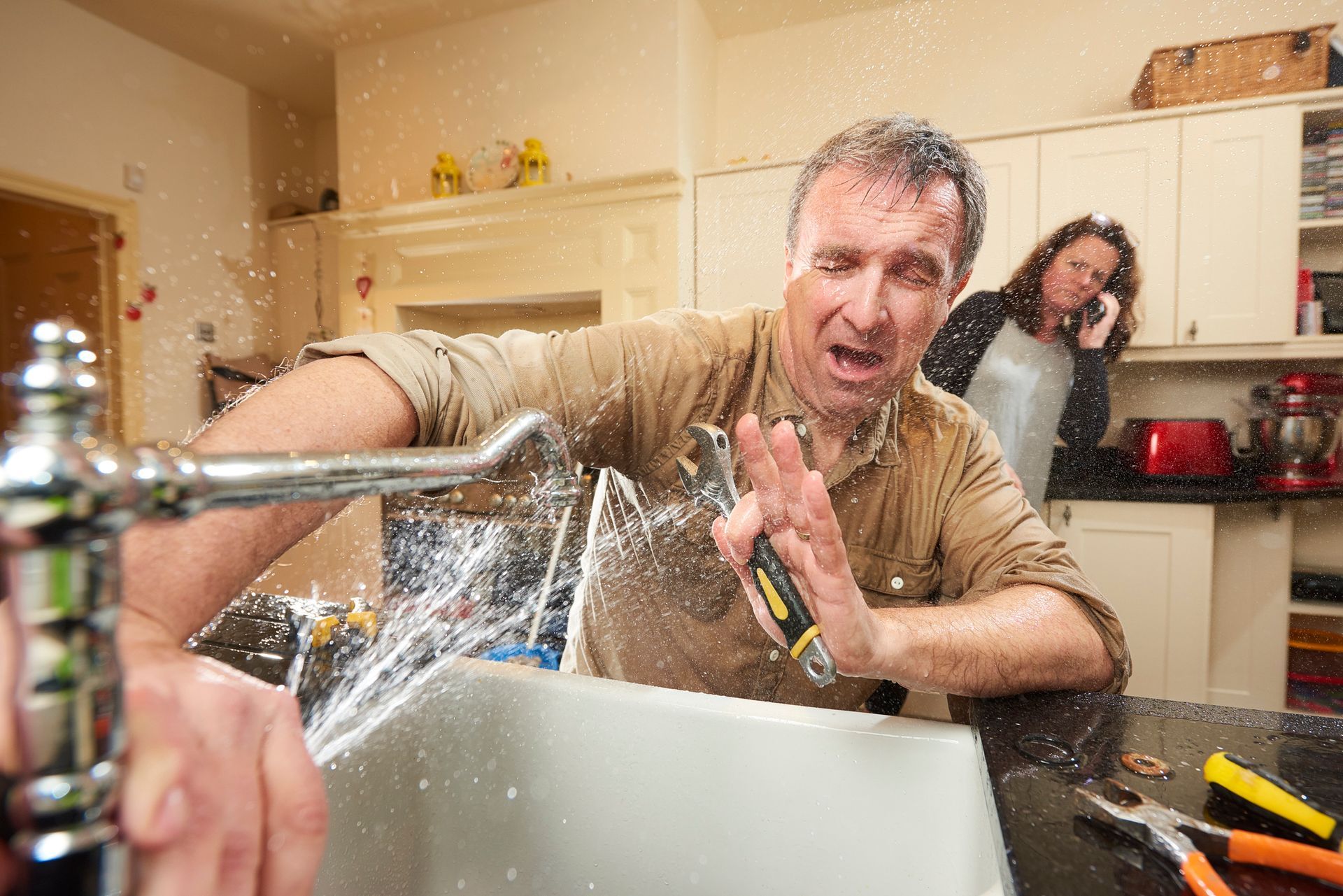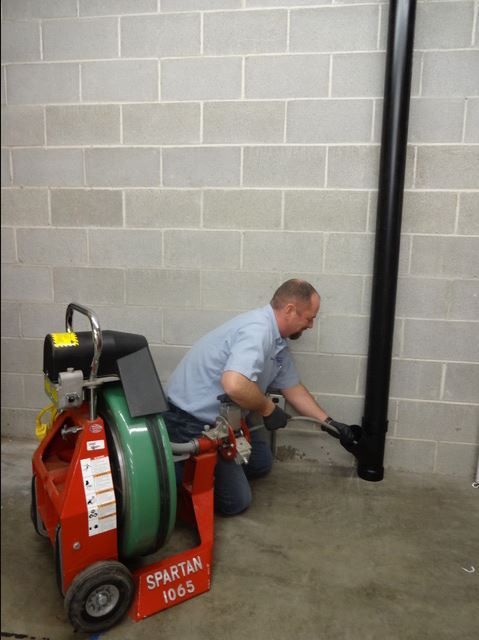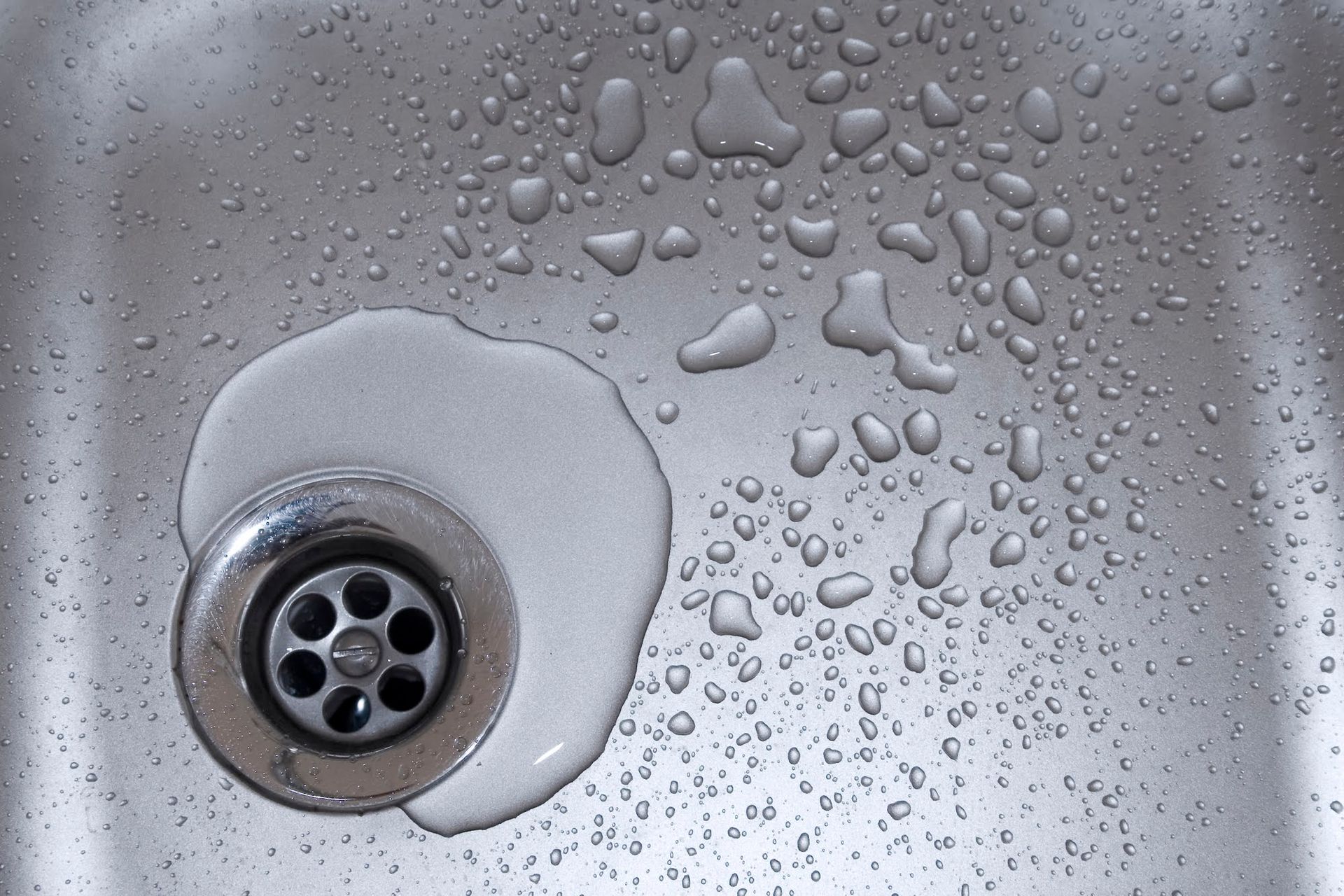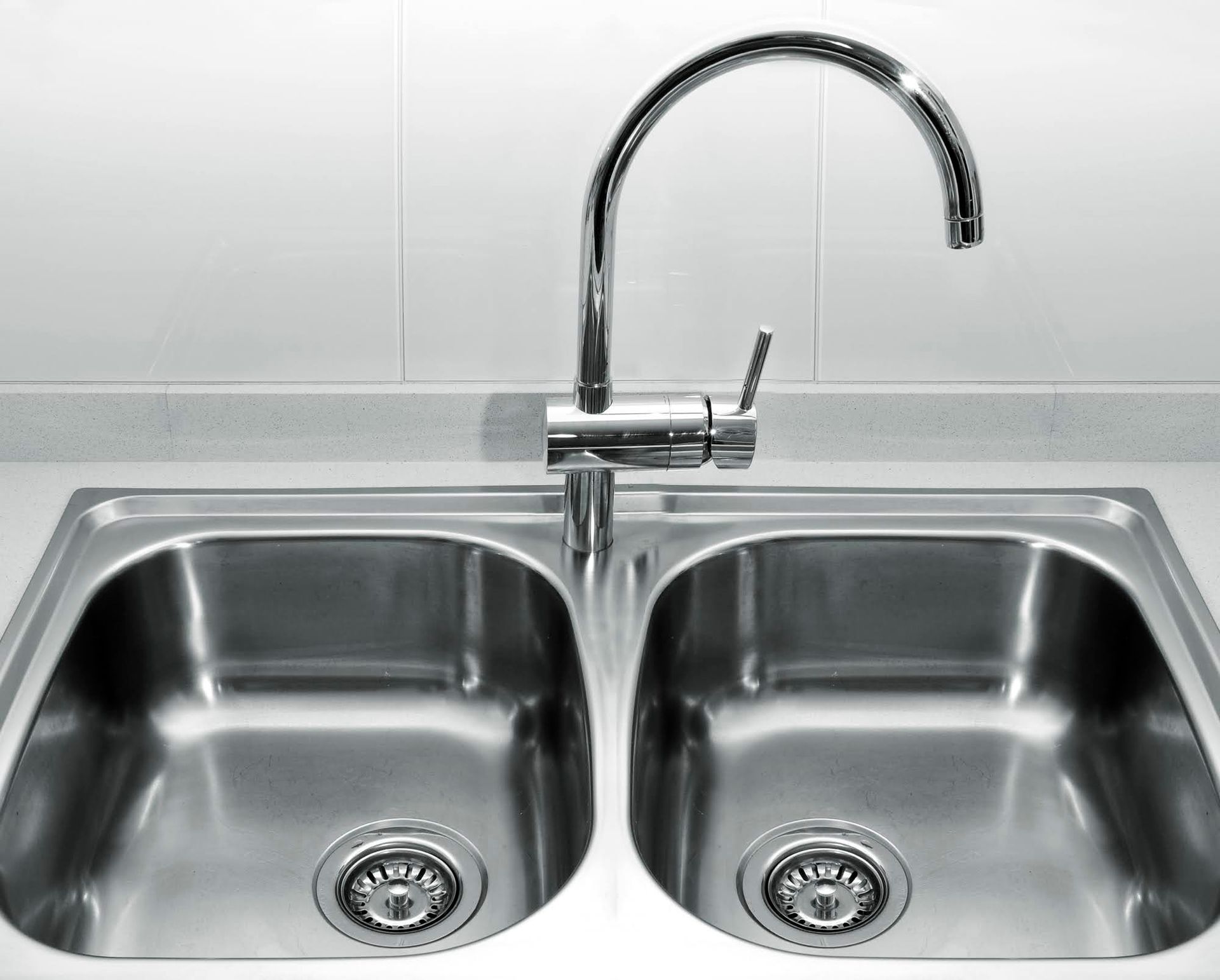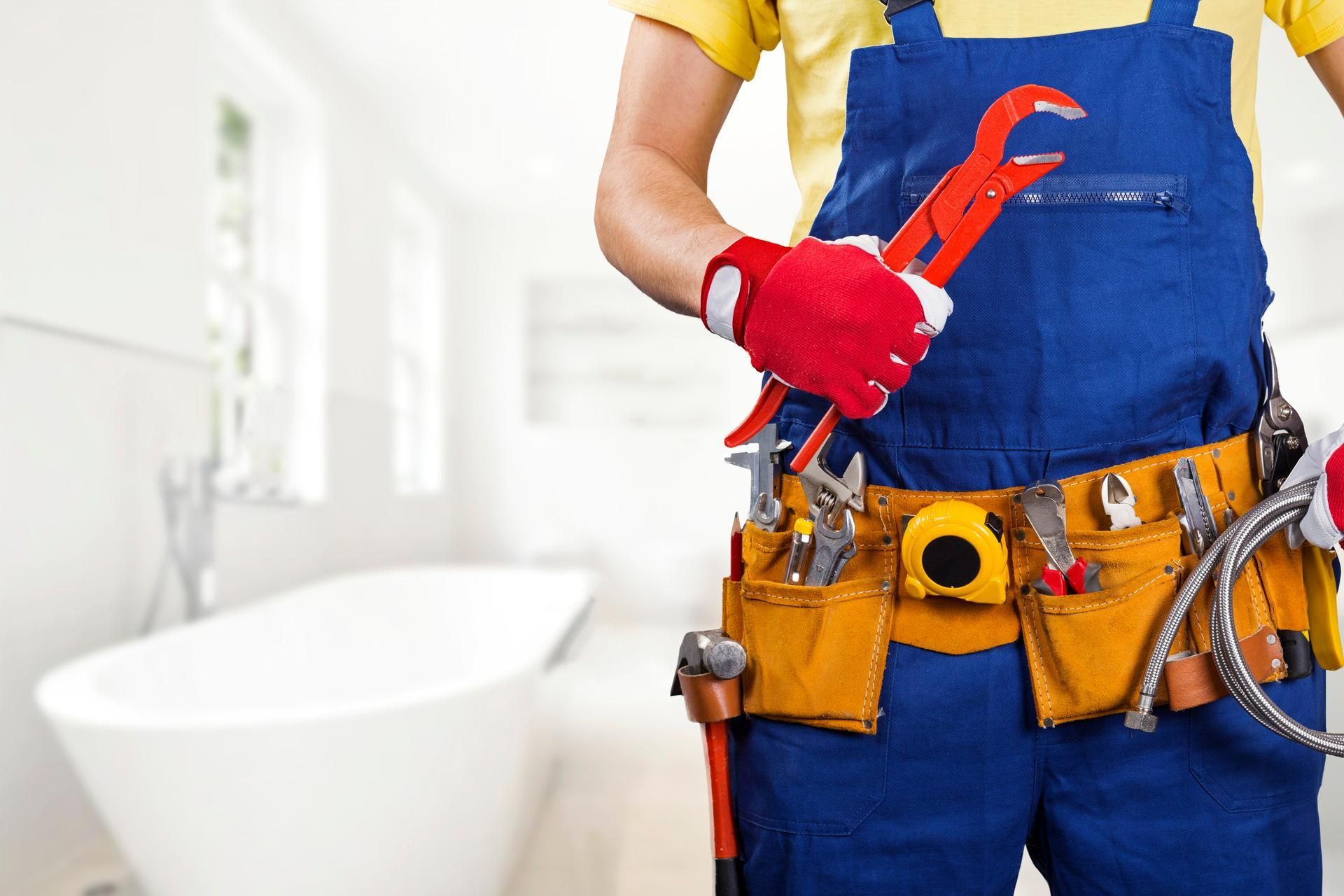Plumbing Problems Common in Older Homes
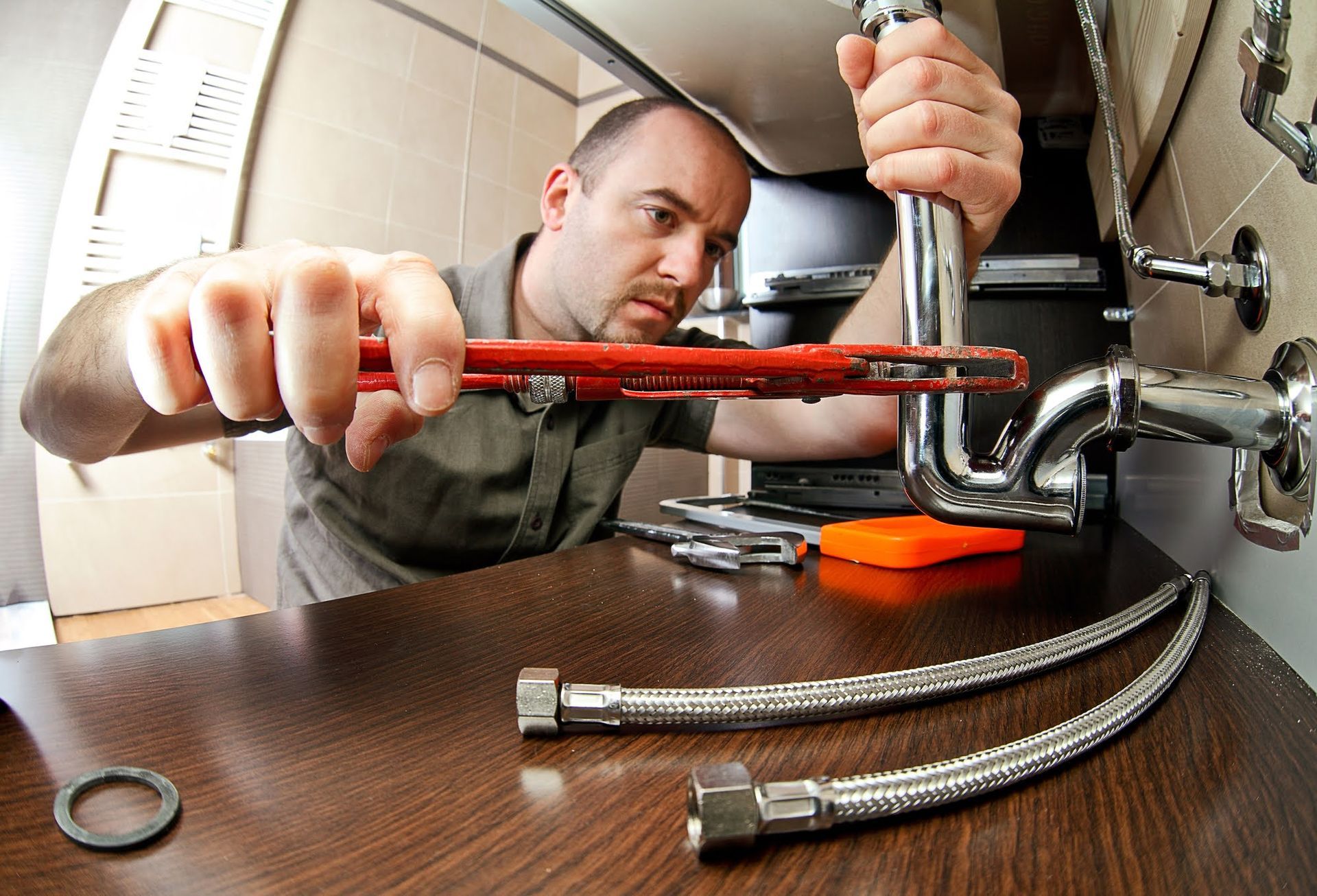
Old homes are popular throughout the United States because they provide a sense of vintage charm that you can't find with modern or contemporary properties. However, before you plan to raise your family or retire in an old home, understand that the home may lack many of the plumbing fixtures available in modern houses, and you will face unique plumbing problems. Read on to learn about common plumbing problems in older homes.
Copper Pipes With Lead Solder
Plumbers can't use lead today to refit your plumbing pipes, but using lead was legal several decades ago. Builders often preferred soldering pipes with this material. Lead can mix with the home's water and cause various health problems, such as irritability, memory loss, fatigue, and gastrointestinal issues. The symptoms are a sign that you need a plumber to check, refit, or replace the pipes.
Outdated Fixtures and Connections
Supply line connections, fixtures, and faucets in older homes have often seen better days. Wear and tear and corrosion may have led to leaks, broken knobs, and limited water flow. Not only does this cause water wastage, but it can make it hard to complete most tasks in the home. Preventive maintenance and updating your fixtures can make your home’s plumbing more functional.
Bad Repairs
Over the years, older homes have experienced all manner of plumbing damage. Some of the previous homeowners may have attempted DIY repairs, which ended in disaster. For example, DIY repairs might have led to unsecured pipes or sink traps. The combined effect of the DIY repairs can be dangerous and require the immediate attention of a professional plumber.
Bellied Lines
Even homes with the strongest foundation will shift and move over time. As the home settles, pipes underneath the house will begin to belly or slope. This will interfere with proper water flow leading to leaks and brokerages. Sewer lines and drains might also allow toxic wastewater to seep back into the home or onto your yard.
Another consequence of bellies is slap leaks that allow wastewater to reach the home's foundation, affecting the structural integrity of the property. Common signs of bellies include patches of green vegetation in isolated areas of your yard, frequent backups, and slow drains. Your plumbing system might also begin to produce nasty smells. Don't attempt to fix the pipes on your own but instead, have a professional plumber inspect the piping system to identify and fix a bellied line.
Sewer Line Issues
Septic tanks and sewer lines require regular maintenance to function properly. Proper maintenance includes timely repairs, frequent unclogging of drains, and putting the right type of waste down your drains. When you neglect your sewer lines over time, sewer backups and major leaks can occur. The problem can also happen if you haven't pumped out the tank for too long.
Root Intrusion
Old homes tend to have large trees growing nearby. As the plumbing deteriorates, it can leak clean water or wastewater. The roots of the trees will grow toward the piping system to get access to water and nutrients. Eventually, the roots will break into the pipes, causing more leaks and blocking the proper flow inside the pipes.
Galvanized Piping
Homes built in the 1960s or earlier may have galvanized piping. While the piping is strong, it will interfere with the quality of the water because the pipes corrode easily and cause discoloration of clean water passing through the pipes. The water pressure might also go down as the galvanized pipes wear and tear.
You can still enjoy living in your old home if you do the necessary repairs and replacements. Aurora Plumbing & Electric Supply will inspect the plumbing in your home and determine what to repair or replace. Contact us now to get a quote.

